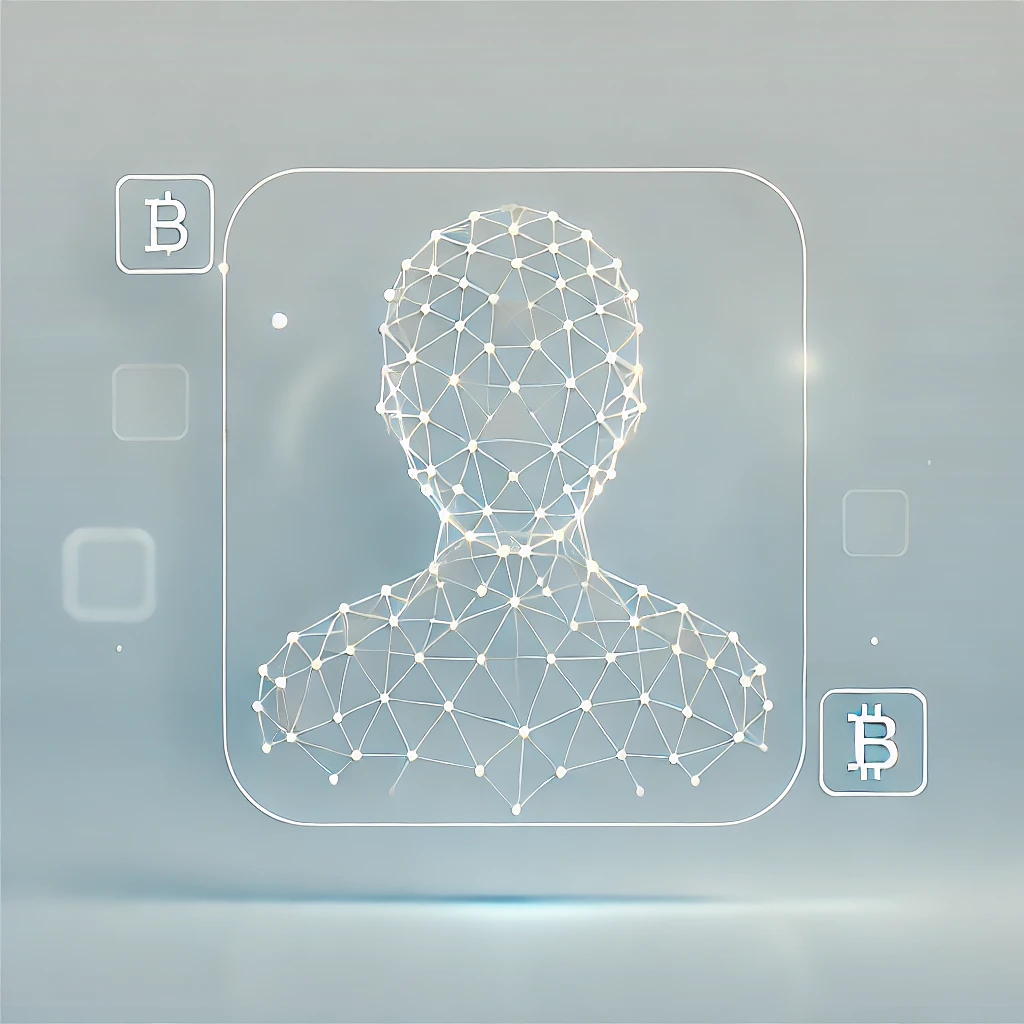Today everyone has a digital identity. It is hard to imagine anyone being absolutely outside the network. In our eagerness to enjoy the benefits of online operations, we have created an innumerable number of profiles with our personal information without measuring the repercussions of a third party (a company, a state or any other) having access and control over the information we provide.
We live a complete virtual life that is becoming more and more relevant every day. We do almost everything digitally: we work, buy, sell, study, play and go to the doctor online. In this context, the security of our personal information flowing through the network is vital.
What is a digital identity? In a nutshell, we can say that it is all the data that allows us to identify a person and that is stored digitally. Every time we create a profile on a new website, we provide information that identifies us. As time passes, we lose control over the uses that the company (the owner of the website or app where we have registered) will make of such data, which can be collected, analyzed and shared with third parties for various purposes. Rarely do these types of registrations allow users to control precisely who accesses and what they do with our personal information.
We are probably familiar with some platforms (such as Google) that offer centralized identity and profile management. When you create a profile on these platforms, you must accept terms and conditions that authorize certain uses of your information.
However, not everything is lost. There is already a technology that would allow us to manage a digital identity in a different way and without losing control of our personal information in the online world. Through this technology, identity management is decentralized, the information distributed in a network of blocks is controlled by the user. With blockchain there is no dependence on intermediaries, each user is the sole and exclusive owner of their data, and above all, maintains absolute control over it.
Many people begin to show interest in the blockchain world as a result of the news about cryptocurrencies and their volatile valuations. The press tends to highlight news about the rapid appreciation (or, alternatively, rapid depreciation) of certain cryptocurrencies. But leaving aside the cryptocurrency market, it is worth analyzing the advantages of blockchain technology when applied in different areas.
Without going into technical details (which I would not be able to explain), let’s review some concepts.
The blockchain is a decentralized registry composed of different blocks that are linked together. The information is stored in these blocks in a transparent manner and is protected with cryptography. This interconnected blockchain that gives rise to the decentralized registry, and that verifies transactions, prevents that a centralized authority has absolute control independently.
So, why is it convenient to have your digital identity managed by a decentralized registration technology?
- Easy to use: It allows the user who is the owner of the personal data to manage profiles and logins to different websites or applications. It gives the identity holder back control over his or her data.
- Greater privacy: For each new profile, the data owner will be able to select which data to share and choose only what he/she deems necessary to validate him/herself as a user, avoiding indiscriminate sharing.
- Increased security: Access to personal information by unauthorized (or unwanted) third parties is made more difficult. The owner of the data can selectively grant access to whoever he/she deems appropriate.
Along with all these achievements, there are also some obstacles that must be surpassed (or mitigated) to make its adoption more universal. It is normal that when talking about a technology that evolves so quickly, we are repetitive when talking about the challenges. Regardless of the function analyzed, the challenges are the same or very similar.
On one side, we see that there are big differences at the regulatory level. Depending on the context and the moment, there are two questions that receive very different answers: is it convenient to establish a regulation that governs this type of activity in detail? how should this regulation be? There is no consensus regulation that creates legal certainty.
The high technical complexity of this technology is also shown by the existence of different blockchain platforms and standards. These differences cause difficulties regarding the interoperability of the different blockchains.
When discussing about digital identity, it is possible to identify a series of benefits and challenges that, once solved, will forge the future of the breakthroughs that blockchain technology can deliver. Without a doubt, the adoption of this technology will continue to grow on a daily basis and we will hear more and more frequently about the decentralized registry in different fields. The pace for the implementation of these developments will be shaped by the regulatory changes and the confidence it inspires in the general population.



